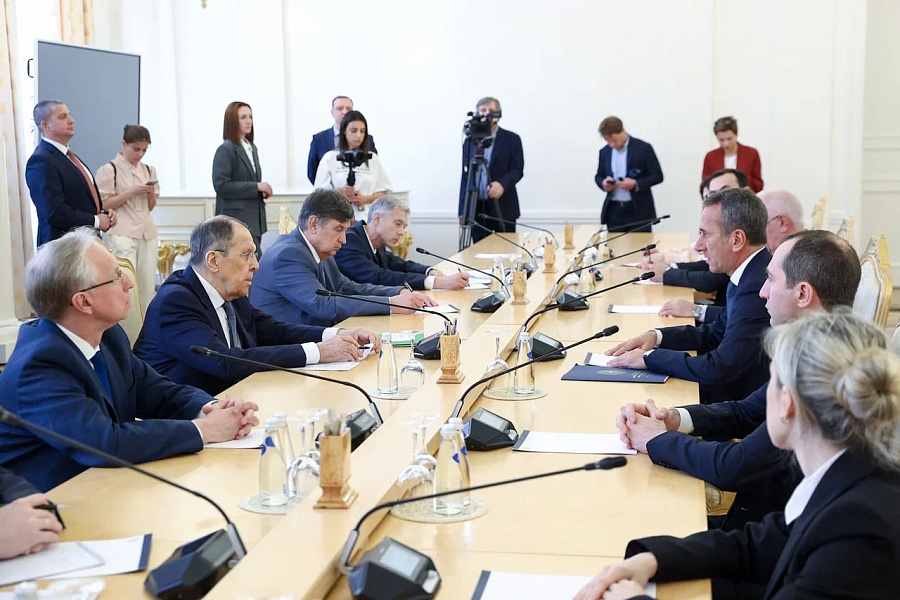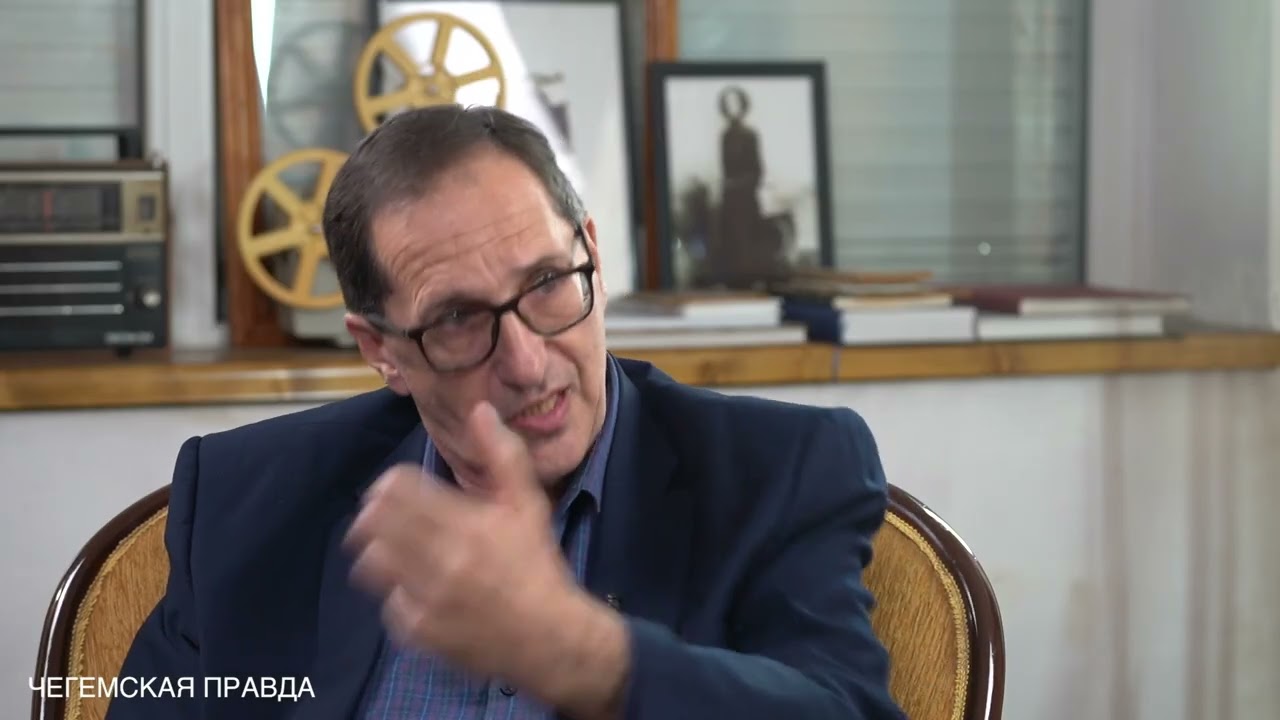What is Russia offering Georgian Dream?
This article was originally published on the Echo of the Caucasus website. The text and terminology of the article are reproduced unchanged. All rights belong to Echo of the Caucasus. Publication date: September 30, 2024.
Moscow’s declared readiness to assist Tbilisi in reconciling with Sukhum and Tskhinvali has sparked more heated debate in Georgia. While the government received this statement with understanding, the opposition deemed the government’s reaction as betrayal. Some, however, see electoral motives behind it.
During the tragic days for Georgia, marked by the loss of Sukhum and subsequently all of Abkhazia, Russian Foreign Minister Sergey Lavrov expressed Russia’s willingness to help Tbilisi in reconciling with the self-proclaimed republics.
“The current Georgian leadership sincerely evaluates the past. They have said, ‘We want historical reconciliation.’ In what form this reconciliation can take place is up to the countries themselves: both Abkhazia and South Ossetia. They are neighbors of Georgia, and some contact between them is inevitable. If all parties are interested in ensuring agreements on non-aggression, Russia will be ready to help.”
The Secretary General of the “Georgian Dream” and the Mayor of Tbilisi, Kaha Kaladze, stated that the Georgian authorities positively assess the statement made by the Russian Foreign Minister.
“As for Lavrov’s statement about his willingness to facilitate the reconciliation process, what’s wrong with that?! It’s positive. I think everyone understands the mistakes made many years ago. We shouldn’t be ashamed to talk about it. The destructive, radical evil force, the collective ‘National Movement,’ has created a virtual world of evil along with its masters, leading us in a vicious circle. This [occupation of territories] is a result of their treacherous policies. Unfortunately, Russia recognized them, even though the entire civilized world does not. These are our territories.”
The government’s reaction was immediately labeled by the opposition a betrayal of national interests.
On September 14, the informal leader of the ruling party, Bidzina Ivanishvili, stated that if his party wins the parliamentary elections on October 26, it will apologize to the Ossetian people for the August 2008 war and hold a “Nuremberg trial” for former President Mikheil Saakashvili and his government. The leaders of Georgian Dream also announced their readiness to change the constitutional structure of the country to ensure its territorial integrity.
Among the opposition, the government’s plan was interpreted as a direct recognition of the Russian-occupied territories as independent states. Levan Sanikidze, a representative of the Unity – National Movement coalition, held a briefing regarding the recent statements made by the leaders of Georgian Dream.
Georgian Dream is trying to declare the separatist regimes as the parties to the conflict, rather than Russia. The statements made over the past two months can only be described as an overt chronicle of state treason. According to Kaladze, the current leadership of Georgia welcomes the recognition of Abkhazia and so-called South Ossetia as independent, sovereign states. This statement legitimizes the violation of Georgia’s territorial integrity.”
The statement made by Russia’s top diplomat was also condemned by the leader of the opposition party Lelo for Georgia, Mamuka Khazaradze.
“This is an ordinary electoral provocation. Such a statement helps Georgian Dream create an euphoria as if Russia will return something or resolve some issues. Russia is an occupier; Russia has taken not only territories from us but also the lives of people. Today, Russia is engaged in a war on the Ukrainians. So until everything is put back in its place, there will be no progress with false propaganda and those who still believe in illusions.”
In the opinion of the leader of Girchi, Iago Khvichia, Lavrov’s statement is a response to Georgian Dream’s flirtation with Moscow. Such statements, as well as the subsequent electoral reaction of the authorities, are insulting to ordinary citizens, the politician maintained.
In turn, the leader of the For Georgia party, Giorgi Gakharia, believes that issues related to the restoration of Georgia’s territorial integrity “should not be decided behind the scenes, in dark rooms,” but in an honest discussion with society.
“For several weeks, during the election campaign, Bidzina Ivanishvili has been persistently demanding apologies from the citizens of Georgia. In fact, he does not explain anything, nor does he say how he intends to restore territorial integrity and what his plan is. Let him say it; perhaps we might agree? At the same time, nothing has changed for Russia—they do not intend to withdraw their army from Georgian territory and do not revoke the recognition of the occupied territories. In such cases, a government claiming to defend the country’s sovereignty, traditions, and unity has not even bothered at the level of the Foreign Minister to declare that Lavrov violated the country’s sovereignty by calling our regions independent countries. Instead, we hear reactions from municipal representatives.”
Political scientist Paata Zakareishvili believes that the ruling party’s rhetoric is clearly election-oriented. There have been mistakes made during the electoral campaign, and control over the situation has been lost, so Ivanishvili is desperately searching for new slogans to turn the situation around.
“They are sending a very clear signal that Russia is not an aggressor. They seem to want to say that Russia embodied nobility, that it was we Georgians who started the war, and Moscow was forced to intervene to save the poor Ossetians and Abkhaz. Ivanishvili has fully accepted the Russian narrative—maintaining power while bowing to Russia’s interests.”
Overall, according to the expert, talks about allegedly restoring territorial integrity worsen the already precarious position of the government. “The elections will end very differently than Georgian Dream hopes,” Zakareishvili averred.


